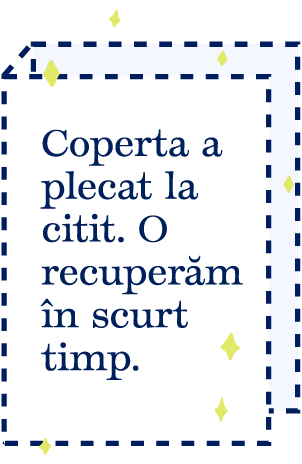Dictionaries are repositories of erudition, monuments to linguistic authority, and battlefields in cultural and political struggles. For centuries, they were also works of almost superhuman endurance, produced by people who devoted themselves for years, even decades, to the wearisome labor of corralling, recording, and defining the vocabulary of a language. Dictionaries also are often beautiful objects: typographically innovative, designed to project learning and authority.
Painstakingly collected and lovingly presented, here are the stories behind great works of scholarship and the people who produced them--their prodigious endurance, their nationalist fervor, their philological elucubrations haphazardly mixed with crackpot theories, their petty rivalries, their need for sales, and their sometimes irrational conduct and visceral hatreds.
Readers will find towering figures of English lexicography--Samuel Johnson, the American patriot Noah Webster, the Oxford English Dictionary's James Murray--and many more obscure lexicographers whose achievements and biographies are no less fascinating. For one, meet Ann Fisher, England's first female lexicographer, whose dictionary in 1773 introduced the radical innovation of alphabetically separating the letter pairs I and J and U and V (reacting against her predecessors who had "ever blended and confounded them").
The lesser-known works here include the small, unassuming 1604 book that is generally regarded as the "first English dictionary"; the early representatives of the "hard word" tradition as it evolves into attempts to cover the whole vocabulary; and the vast Century Dictionary--an American enterprise that rivaled the original OED.
As the quest for completeness placed a dictionary beyond one author's ability (or lifespan), editors and publishers adapted. For the OED, in 1918, J. R. R. Tolkien was hired to define select words beginning with W (and he tackled warm, wash, wasp, water, wick, and winter). Later in the 20th century, the Random House Dictionary of the English Language was marketed as relying not on famous literary figures or educators, but instead on computers for exactitude.
However they may have been written and compiled, dictionaries induce us to ask about the basis of authority. Who gets to say what is an












